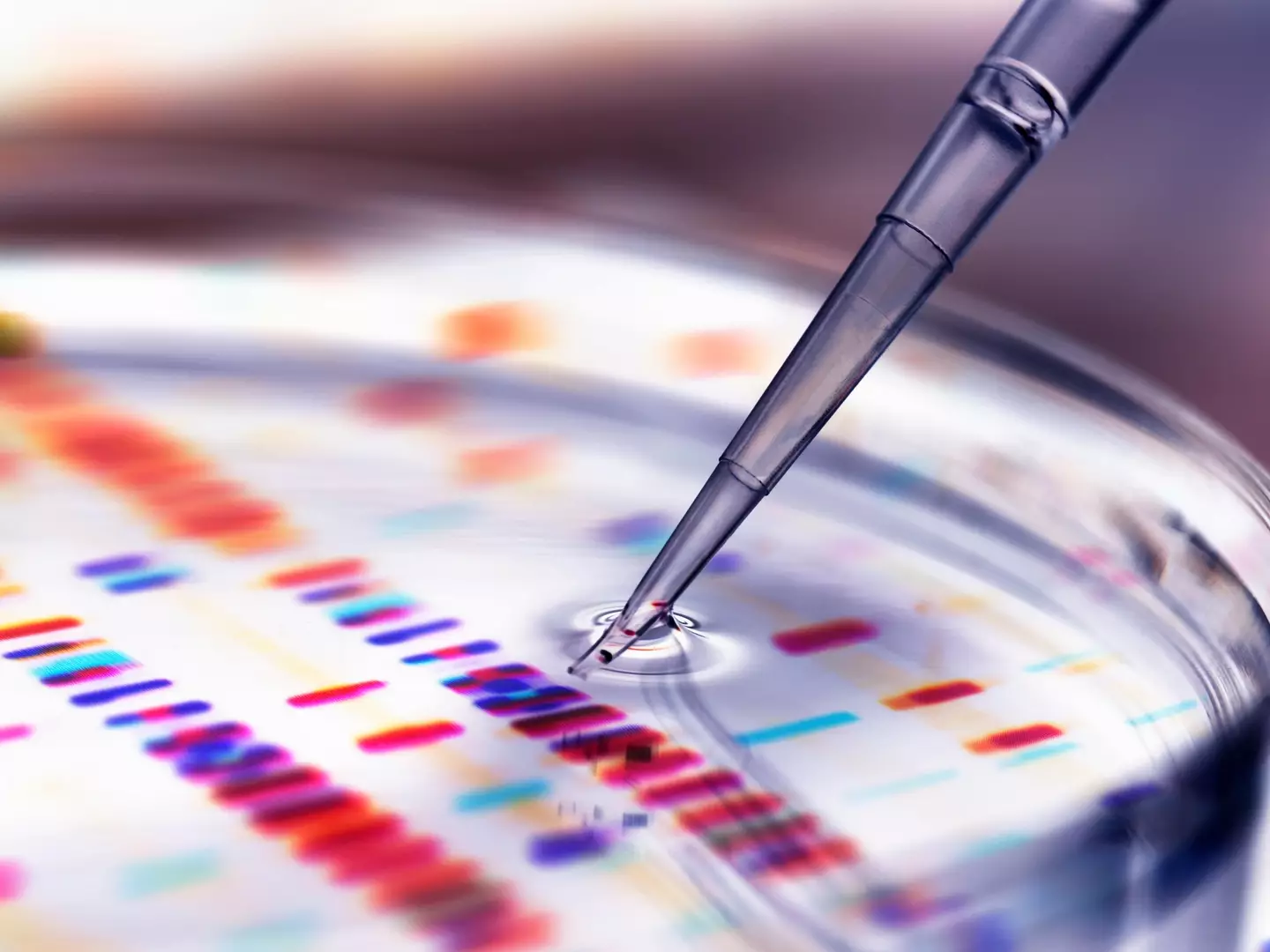.png)
Scientists have finally completed assembling the full genetic blueprint for human life after finding the final few parts.
The human genome is essentially the instruction manual to build and sustain a human being and it's made up of more than 3 billion subunits of DNA.
Like the genomes of other living animals, a genome is a collection of strings of DNA that are maintained in duplicates in the form of chromosomes in every human cell.
Within those chromosomes are genes - the building blocks of life that contain instructions for making proteins.
Advert
Humans have about 30,000 genes, organised in 23 groups of chromosomes.
And now, we finally know what all of them are.
An international squad of scientists, who call themselves the Telomere-to-Telomere (T2T) Consortium, have solved one of modern medicine's greatest enigmas
Their name comes from the sections at the very ends of chromosomes called telomeres and they have published their research overnight in the journal Science.
So, how did they do it? They went back to the beginning, working from scratch with a new genome, aiming to sequence all of it, including all of the missing pieces.
Previous efforts to unlock the entire genome have previously been impossible as DNA sequencing technologies weren't yet able to read parts of it.
That is until now, with the T2T consortium filling in the missing eight percent of genomic information.
University of Washington researcher Evan Eichler participated in the current effort and the original Human Genome Project that began decades ago.
"Some of the genes that make us uniquely human were actually in this 'dark matter of the genome' and they were totally missed," Professor Eichler said.
"It took 20-plus years, but we finally got it done."
The full picture of the genome will now give scientists and the world a greater understanding of human evolution and biology.
The discovery also unlocks new possibilities in medicine like treatments or even cures in areas like ageing, neurodegenerative conditions, cancer and heart disease.

Author of one of the six studies published this week, Karen Miga, described the breakthrough as 'broadening our opportunities to understand human disease'.
"Before now, there were 'large and persistent gaps that have been in our map, and these gaps fall in pretty important regions," Professor Miga said.
Professor Miga, a genomics researcher from the University of California-Santa Cruz, teamed up with Adam Phillippy of the National Human Genome Research Institute to organise the crack team of scientists that eventually became the T2T Consortium.
So what is next for the team of revolutionary scientists? Mapping more genomes of course, according to Professor Eichler.
"Now we've gotten one genome right and we have to do many, many more," he said.
"This is the beginning of something really fantastic for the field of human genetics."
Topics: News, Science, Technology